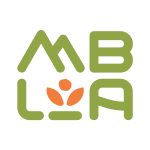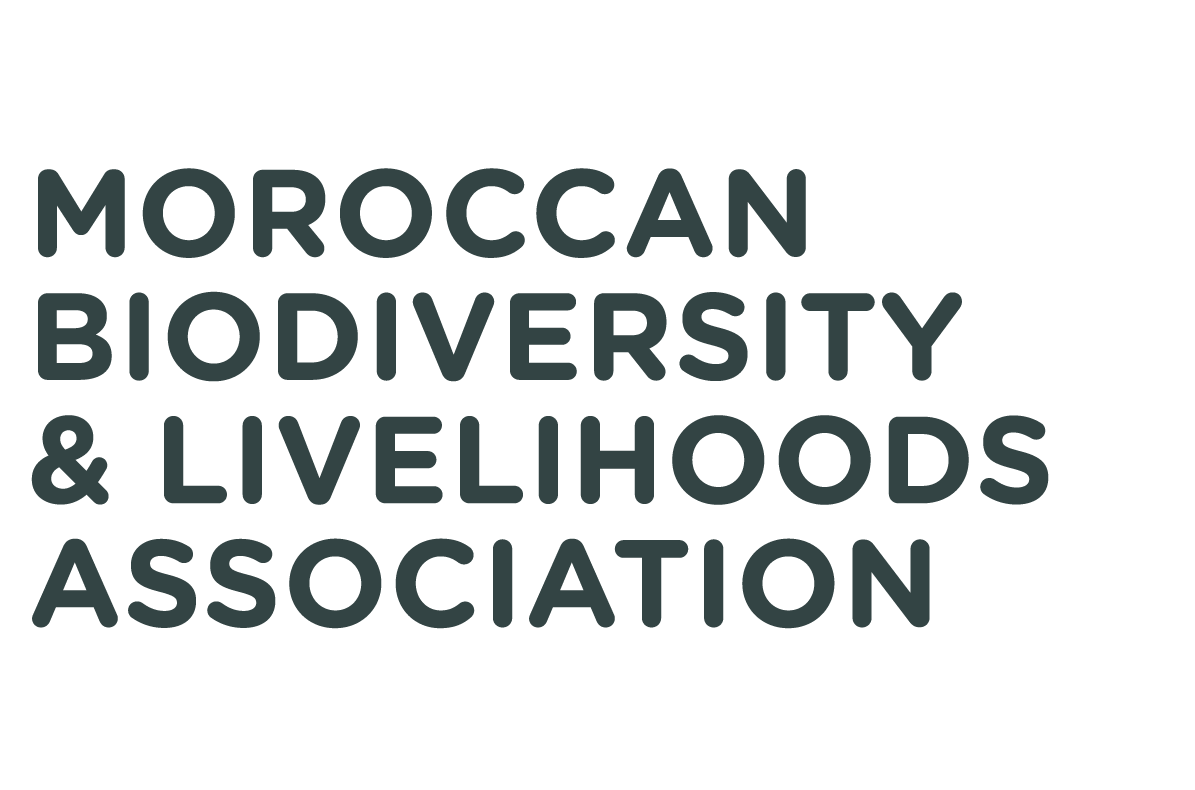OUR SITES
Ourika’s valley botanical garden for girls
In Ourika’s girls boarding school, we established a botanical garden hosting our environmental education program since 2014. We conduct workshops developing girls' skills in plant conservation, permaculture, and traditional practices. Girls actively plant and cultivate seeds, sharing the harvest with families and friends.The garden sustains meals for 130 students and staff.
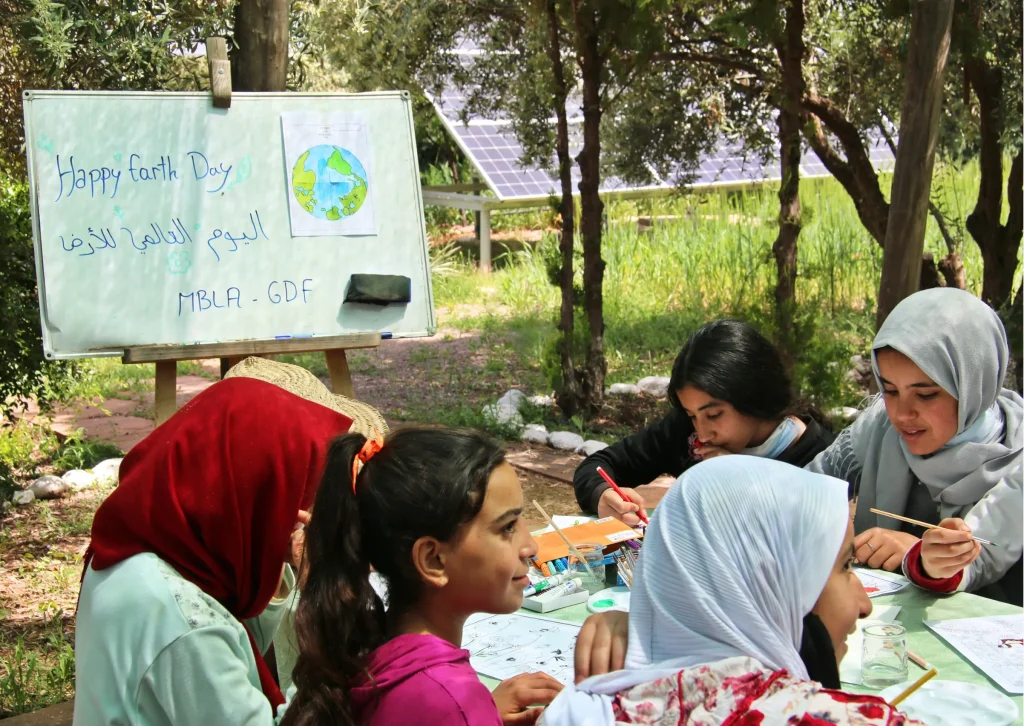

Oukaimeden
Since 2019, Oukaïmeden has hosted our conservation efforts, including a plant nursery and seed bank developed in partnership with the Ait Lkak association. The nursery cultivates 26 endemic, endangered, and valuable plant species, such as Origanum majorana L. and Lavandula dentata L., while the seed bank encourages farmers to share and conserve local seed varieties.
To support ecotourism, we established an eco-museum showcasing the traditional Agdal practice and trained local guides to highlight the area’s unique flora and fauna. Through a website, high-quality visuals, and partner visits, we aim to position Oukaïmeden as an eco-destination, creating year-round income opportunities for locals, reducing rural exodus, and inspiring youth to preserve their cultural heritage and connection to the land.
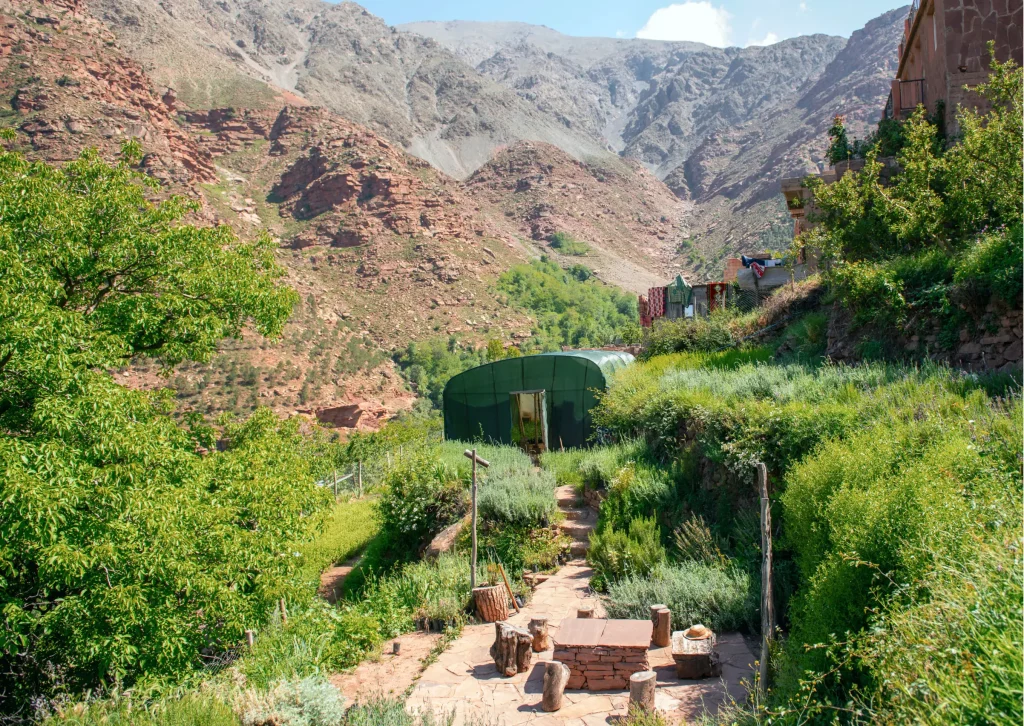
Ait M’hamed
The Ait M’hamed commune is home to a plant nursery and seed bank, producing an average of 25,000 plants annually, which are distributed to local farmers, cooperatives, and schools. In addition to this, our Farmers Field Schools (FFS) program operates in Ait M’hamed and Imedgal, focusing on evaluating and improving livestock management while introducing affordable and sustainable agroecology practices to the community.
We also support local cooperatives, successfully guiding the all-women Nisae Aska cooperative in securing UNDP funding to launch a pilot Biochar production unit. Ait M’hamed also serves as the host for our annual Bio-Cultural Festival and the site of our newest botanical garden at Ait M’hamed School.

Imegdal
Among our long-term initiatives in Imegdal Commune is a plant nursery and seed bank, established in collaboration with local cooperatives to meet the high demand for seedlings. Thanks to the community’s early engagement, operations run smoothly, producing over 30,000 seedlings of 30 species annually, which are distributed to community members or planted in the wild for conservation.
Following the earthquake, our efforts expanded to support recovery, including reconstructing damaged agricultural terraces and irrigation canals, as well as building water reservoirs for drinking and farming—critical for villagers living in tents after losing their homes.
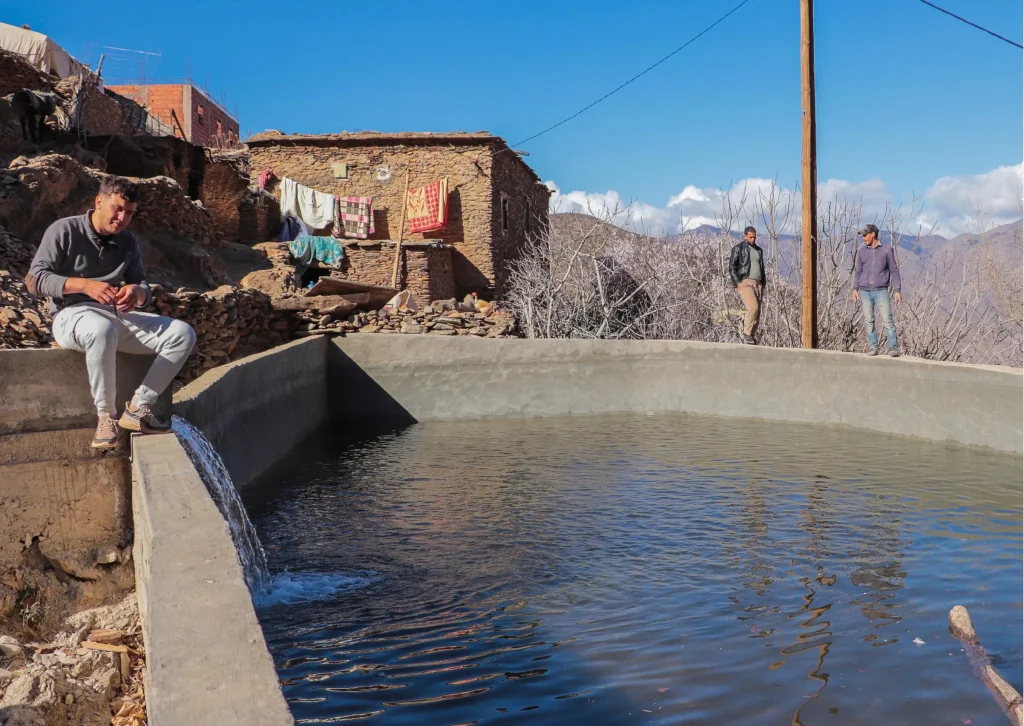
Zerkten botanical garden
In 2022, we established a botanical garden at the Zerkten Educational Center, a school and dormitory serving 400 students from 50 villages annually, replicating the success of our Ourika Valley project. Through hands-on garden workshops, students learn sustainable practices related to local medicinal and aromatic plants, seed conservation, water management, horticulture, and food cultivation.
We also support local cooperatives, successfully guiding the all-women Nisae Aska cooperative in securing UNDP funding to launch a pilot Biochar production unit. Ait M’hamed also serves as the host for our annual Bio-Cultural Festival and the site of our newest botanical garden at Ait M’hamed School.
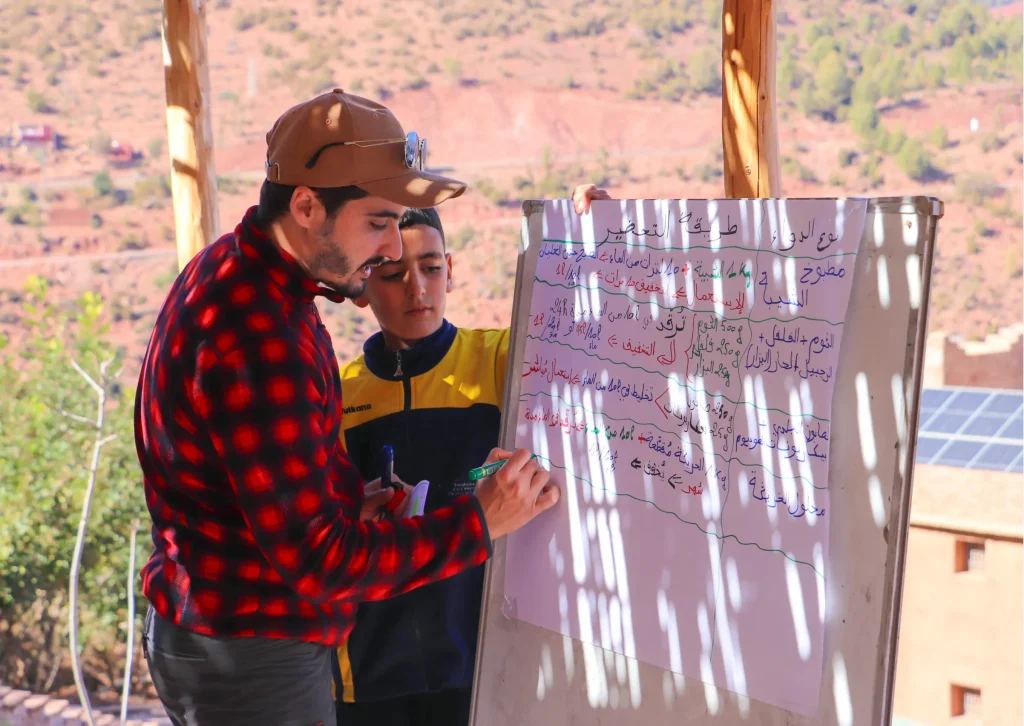
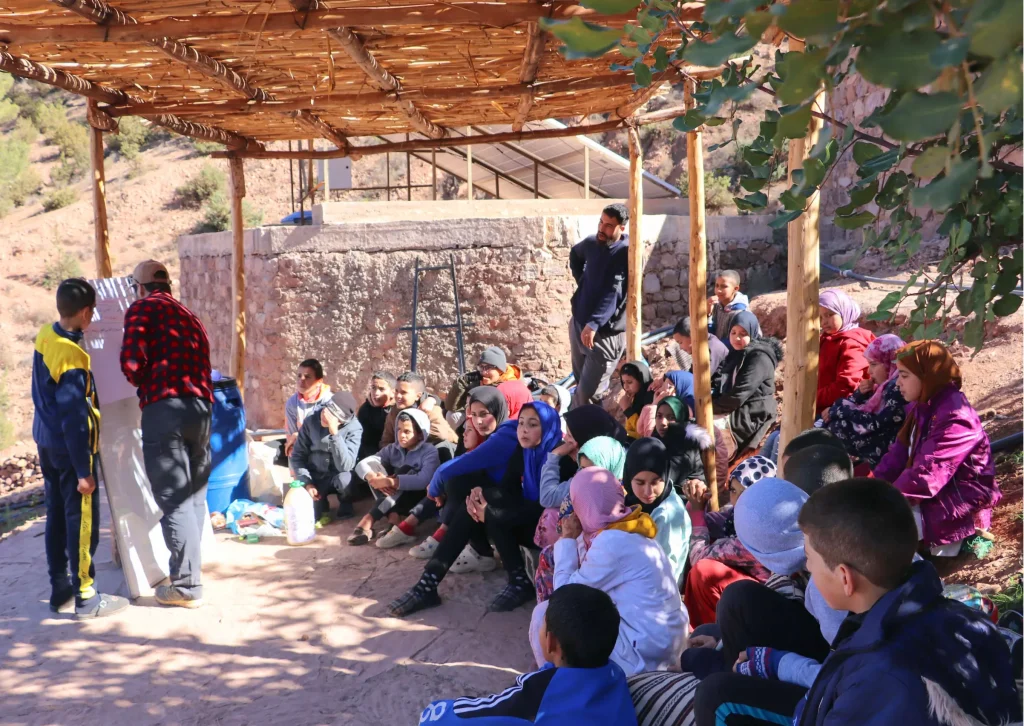
Tilouguite
In 2024, we launched a forest ecosystem restoration program in the Tilouguite commune, home to the biodiverse Tamga Forest and Ahansal River. As the first initiative of its kind in the region, the program aims to foster a thriving green economy by promoting biochar production. As part of this effort, we established a plant nursery and seed bank, both of which have been met with strong enthusiasm and support from the local community.
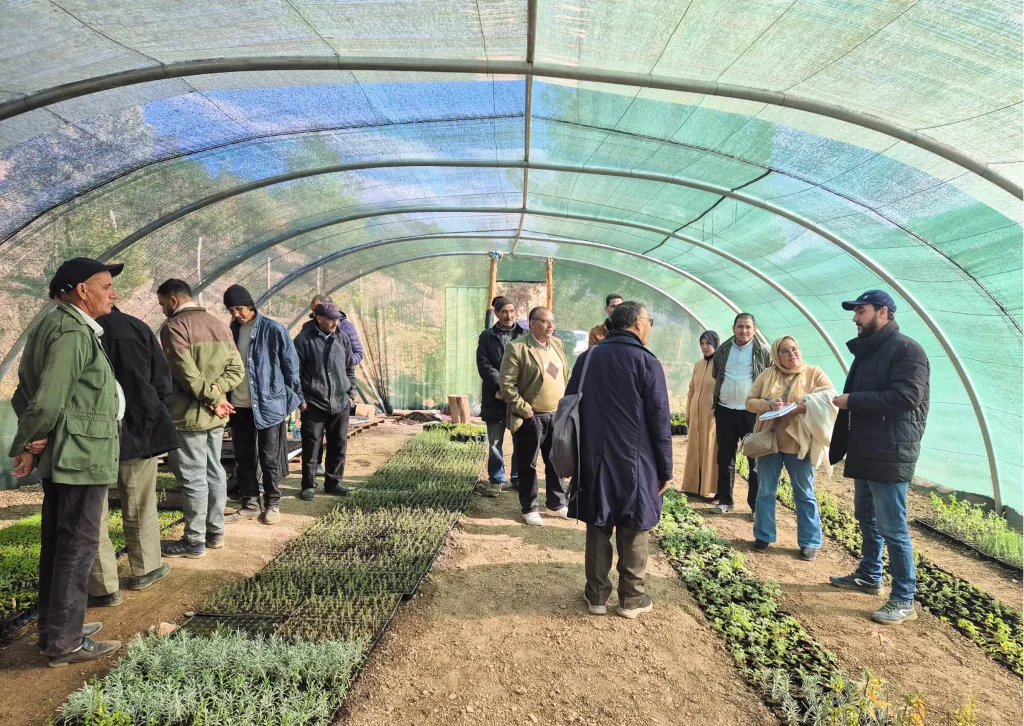

Zaouiat Ahansal
In 2021, we established a plant nursery in the village of Agoudim, within the Zaouiat Ahansal commune, to protect endangered and endemic species through reproduction, distribution, and regenerative planting in the wild. Additionally, a seed bank was set up on the premises of the Amaguar cooperative to conserve endangered and endemic species, as well as climate-resilient local varieties, safeguarding the region’s biodiversity for future generations.


Contact Us
1Rue Houcima, Villa N° 280, 1er étage, Marrakech, Morocco 40000
contact@mblaassociation.org
+212 (0) 808 558485
The Moroccan Biodiversity and Livelihoods Association is a non-governmental non-profit association registered in Hay Mohamadi zone, Marrakech under the n° 470.
Join our mission. Volunteer, Donate, Advocate, Get started today.
Copyright @ 2024 MBLA
